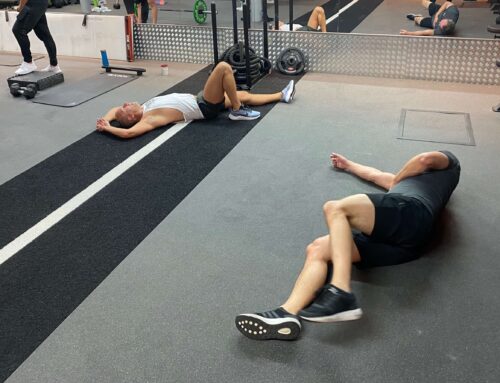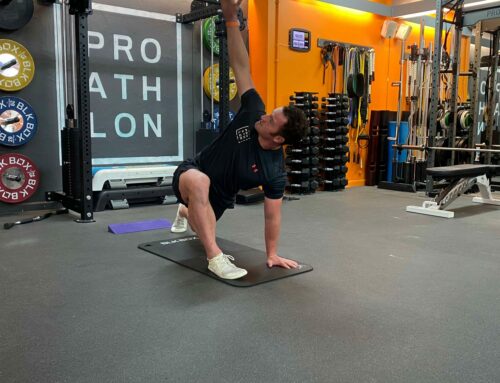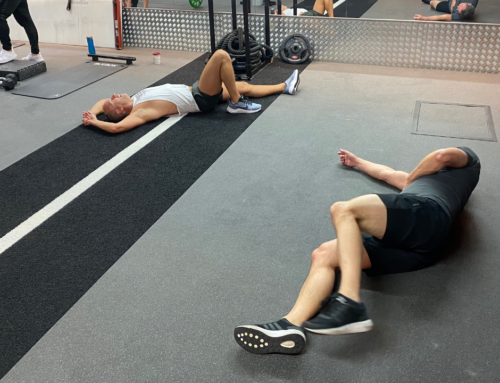OBESITY – OVER FAT AND UNDER-MUSCLED?
Almost three quarters of people aged 45-74 in England are either overweight or obese. (Health survey conducted in England 2021)
This probably won’t come as much of a surprise, but what other changes are associated with this increase in fat mass?
Are we over fat and under-muscled?
A hormone associated with muscle growth and maintenance is testosterone. It is produced in the body in response to strenuous exercise. And if we look at the research it looks like the rise in obesity is having a negative effect on testosterone levels.
A 2007 study in the Journal of Clinical Endocrinology and Metabolism, revealed a “substantial” drop in U.S. men’s testosterone levels since the 1980s, with average levels declining by about 1% per year. This means, for example, that a 60-year-old man in 2004 had testosterone levels 17% lower than those of a 60-year-old in 1987.
So why the decline? Obesity? Lack of activity?
The virtual world we live in today certainly encourages us to be more sedentary compared to the 1980’s. There are fewer physical jobs and perhaps we are generally exercising less.
Why is a decline in muscle mass a problem?
Muscle helps regulate body composition. Muscle is metabolically live tissue, meaning it requires calories to sustain itself. The more muscle you have the more calories your body can consume and utilise.
A decrease in muscle can spiral into a decrease of activity and therefore a decrease in the amount of calories burned.
Muscle also impacts blood sugar. Muscle consumes a large percentage of blood glucose at rest and when you exercise this increases.
The more active healthy lean muscle you have the more control you have over your blood sugar and insulin levels. The balance between these two is essential in the control and prevention of metabolic diseases such as diabetes.
Finally, and what I think is most important. Muscle has a protective effect on the body, allowing people to survive illness and live longer, more vigorous lives.
Muscle is your organ of longevity.
Muscle tissue declines with age and so it is important to develop and maintain. Essentially, the older you are the more important muscle mass becomes to you.
I train to be a young, old person and not an old, old person.
Here at PROATHLON, all new members go through a 1:1 consultation. Many clients come to us because they want to “lose weight, tone up a bit and be more healthy”
It is our job to highlight the importance of gaining lean muscle tissue and to create programmes that will not only aid fat loss but build muscle.
When it comes to changing your body composition there are two approaches for the same goal:
I exercise for fat loss approach:
- I exercise to lose weight
- I exercise to drop body fat
- I exercise to burn calories
- I restrict foods x, y & z because I don’t want to put weight on.
I exercise for increasing muscle approach:
- I exercise to get stronger
- I exercise to build muscle
- I eat protein to help recovery and increase muscle mass
Call me biased but if you ask me, the increasing muscle approach is way more positive, gives exercising a clear purpose and is quantifiable. The fat loss approach comes across negative and provides little, if any motivation to perform better at exercise.
Building muscle and increasing strength, is not easy, it takes time and effort. But it pays dividends two fold. It will help you maintain the fat loss that you’ve achieved and, will vastly improve your life in the latter years.
So ask yourself this….
Do you want to be a young, old person or an old, old person?
You know what I want to be.
Want to learn how to develop strength, build muscle, drop body fat and feel great?
Book in for a consultation by completing the form below
Book a free consultation
Leave your details and we’ll get in touch to arrange a consultation to discuss your goals.






